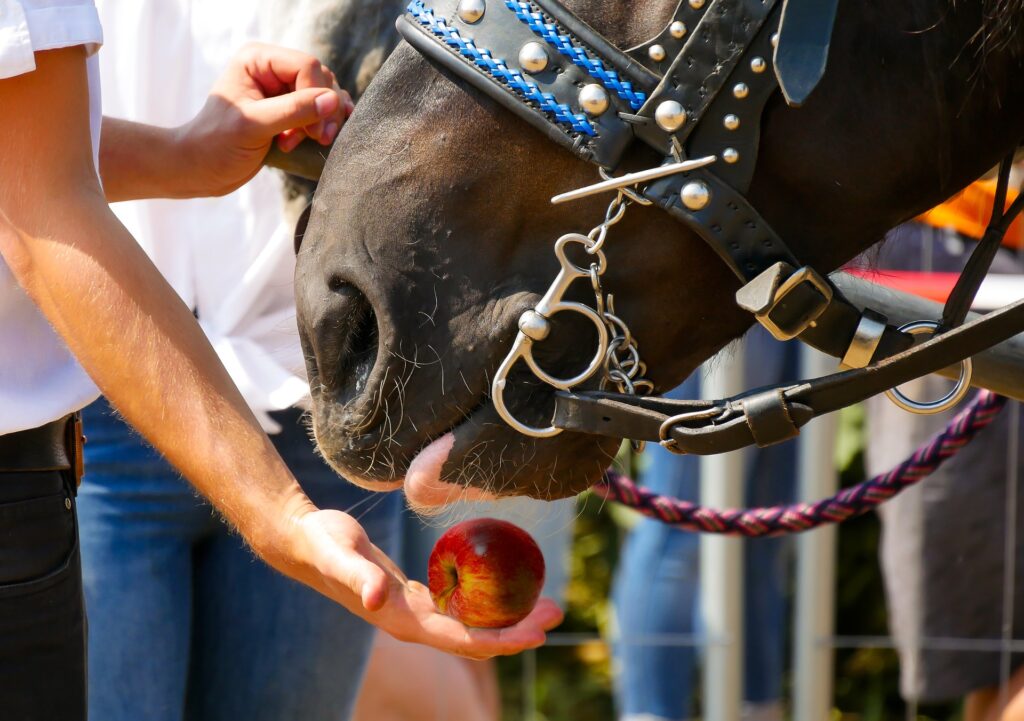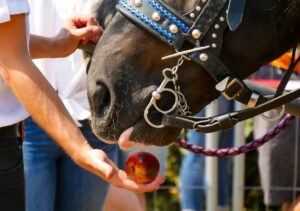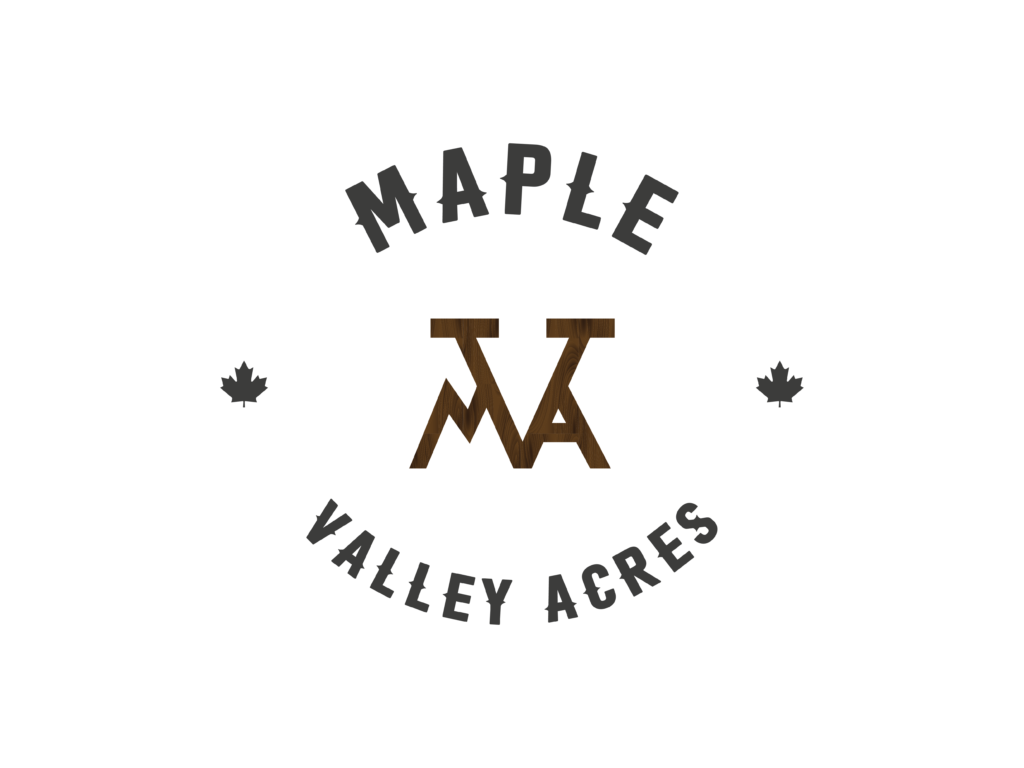
Horses are a part of the family, and there’s no better way to make a horse feel loved and appreciated than by feeding it a healthy diet. (You could say that the way to a horse’s heart is through his/her stomach.) Herbs and veggies are some of the most nutritious and tasty food for horses.
Be careful though: some plants can be harmful to horses. In addition, if a horse feeds on the wrong quantities, even well-intended herbs and vegetables could have adverse effects.
We are here to help. This article shares some basic guidelines for feeding horses and a quick look at herbs and vegetables that you can safely incorporate in your horse’s diet.
As always, be sure to ask your vet before making any changes to your horse’s feed routine.
Feeding Horses: The Basics
When feeding horses, ensure the diet consists of carbohydrates, proteins, fats, vitamins, minerals, and water. The nutritional requirements will vary with the class and weight of the horse. You don’t expect a young thoroughbred to have the same nutritional needs as an expectant mare.
There are many rules about feeding horses. But the critical ones are: first, all horses must have sufficient water and roughage. Second, a consistent routine is a must.
Many horse-safe herbs and vegetables have high contents of roughage and water, and they are highly nutritious and tasty!
What fresh herbs can horses eat?
Herbs are plants that contain high levels of desirable bioactive compounds. These compounds are often found in the raw (unprocessed) or extra form.
We have picked some popular herbs you can include in your horse’s diet. Here is what they do for the horse.
Stinging Nettle
These are rich in vitamin C, iron, roughage, and protein. Some say that the stinging nettle is a blood cleanser. Perhaps this is because stinging nettle also boosts the ability to absorb iron and improves blood circulation
When serving, cut the nettles into small pieces to avoid choking. Serve small quantities as you observe whether the horse likes it.
Comfrey
This is the wonder herb for horses. They love how it tastes, and the health benefits are immense. Comfrey boosts the healing of damaged bones (sore shins, chipped knees, etc.), reduces the effects of arthritis, and relieves tendon strains.
Evening Primrose
The seeds contain primrose oil. It is an excellent source of healthy dietary fats. Traditional horse owners applied the oil on minor wounds to aid in healing.
The leaves are also edible and are perfect for easing digestive issues and sore throat. This herb has multiple anti-inflammatory and antioxidant qualities that are beneficial for the general health of horses.
Garlic
Garlic is widely known and acclaimed for human health. In addition, it is also great for horses.
Bioactive compounds in raw garlic can kill bacteria, aid in circulation, and prevent clotting within vessels.
Fortunately, most horses, even wild ones, know when to stop eating garlic.
What vegetables can horses eat?
Feeding horses vegetables is a great way to reward them, as opposed to processed treats. But some vegetables could harm horses and not all horses like all kinds of vegetables. So give them small quantities at first as you establish what they like and what they don’t.
Swede
Swede is a root vegetable that looks like a turnip, but is slightly bigger. According to horsevills.com, horses love the sweet taste of swede. If your horse has to spend lots of time in the stable, a hanging swede treat is a perfect way to keep it busy.
NOTE: Ask your vet how many swedes would be safe.
Pumpkin
They are rich in potassium, vitamin A, vitamin C, fiber, magnesium, iron, and protein. They improve circulation, relieve arthritis symptoms, and relieve constipation
Take care not to give it the flesh only, without the gourd part. Horses seem to enjoy raw pumpkin more than boiled.
NOTE: Limit intake to about two handfuls in a day.
Carrots
Carrots are famed for their high content of beta-carotene (vitamin A), vitamin K, and potassium.
NOTE: When feeding your horse, cut carrots into small strips to prevent choking.
Parting Thoughts
Horses love herbs and vegetables. The prior herbs and vegetables are available and will make your horse feel great and look fabulous. Remember to give small quantities at first. Then observe how the horse reacts to the herb or vegetable, and consult a vet if anything looks strang
Share This Post
- Aaron
- June 1, 2021
- 7:24 pm
- No Comments



